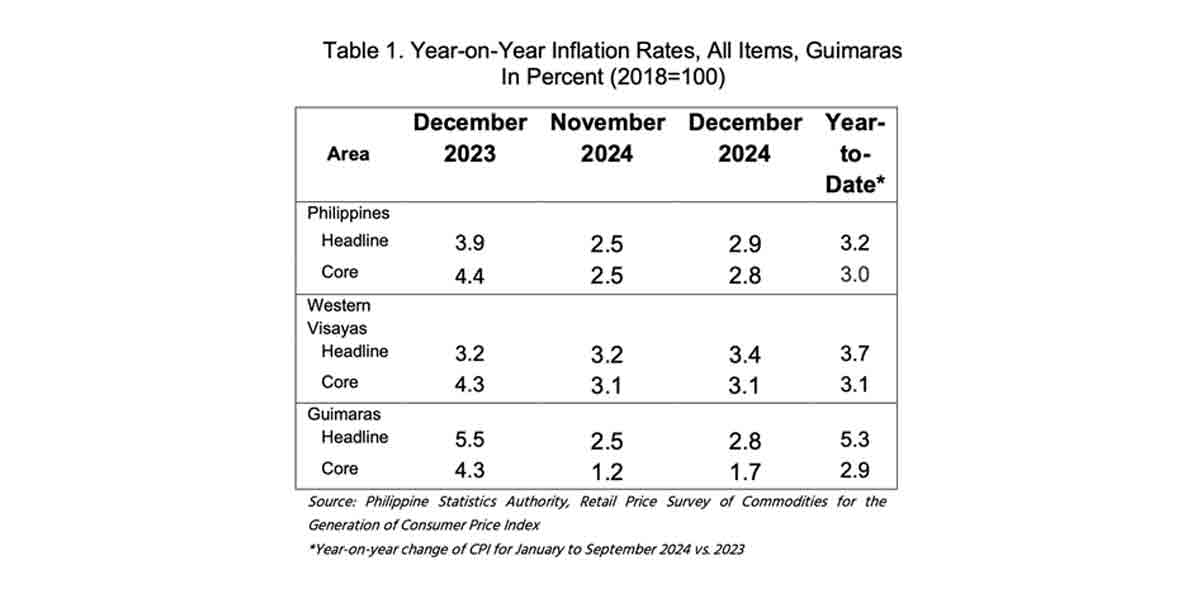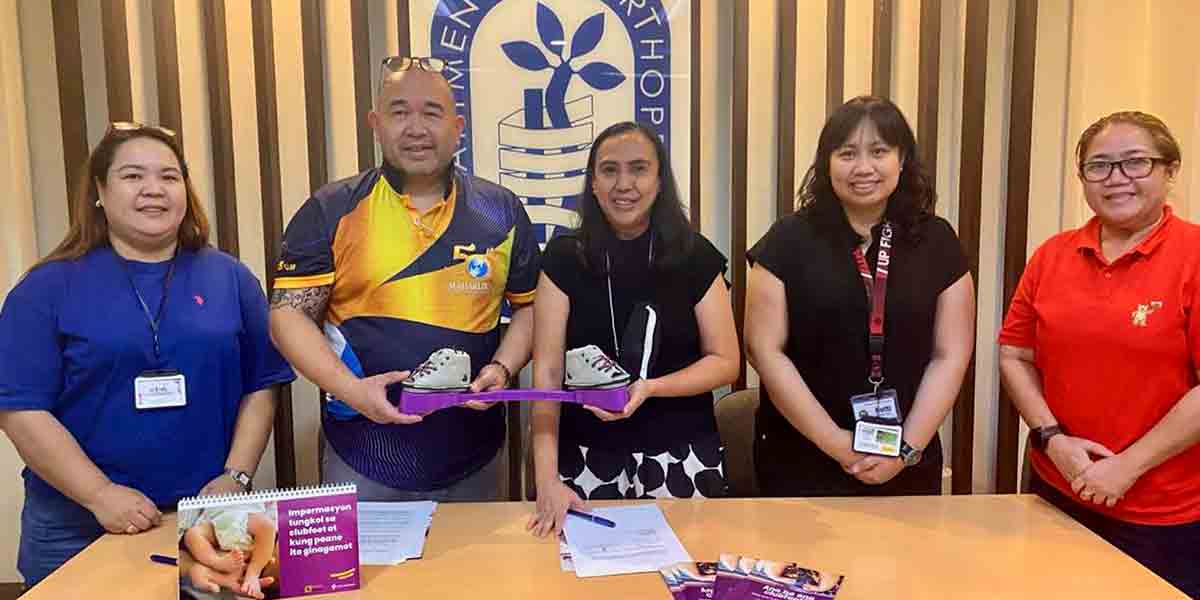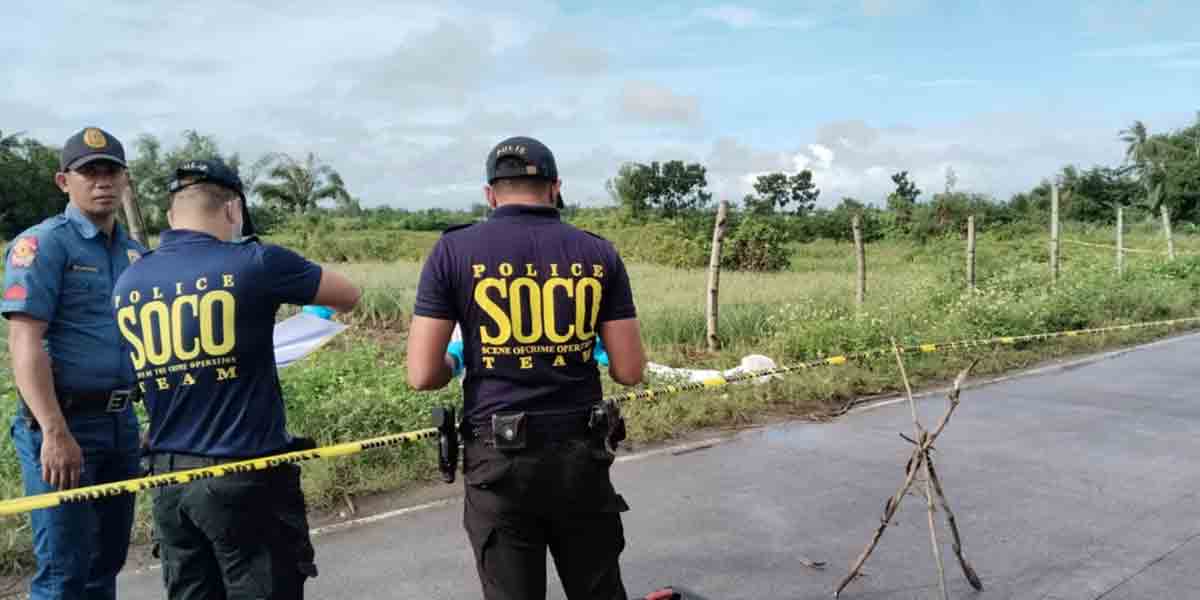The cost of testing workers for COVID-19 should be charged to PhilHealth since both employer and employee shared in the mandatory monthly contributions to the state health insurer’s fund, according to Senator Joel Villanueva.
Villanueva, chair of the Senate labor committee, sought to ensure the effectiveness of infection control by assisting employers to comply with the directive of the Department of Labor and Employment (DOLE) and the Department of Trade and Industry (DTI) that “highly encouraged to regularly send their employees for testing once every quarter, at no cost to the employees.”
“Hindi po tayo dapat mag-alinlangan na isailalim sa test ang ating mga empleyado. I-charge po natin ang gastos sa PhilHealth dahil obligasyon nila sa kanilang mga miyembro na tugunan ang pangangailangan, lalo na ngayong panahon ng pandemya,” Villanueva said in a statement. “Tuluyan pong malulumpo ang ating ekonomiya kahit na bahagya itong nakabukas kung magkakasakit ang ating mga manggagawa. Sa ngayon, tanging testing at contact tracing pa lang po ang epektibong paraan para bawasan ang risk ng pagkakahawa sa sakit.”
“Malinaw po sa datos na kailangan po ng mabilis, pulido at komprehensibong pagtugon sa pandemya, at isang bahagi nito ang regular at random testing ng mga manggagawa,” he added.
Villanueva called on the PhilHealth to come up with a program that will expedite the process of testing or reimbursements to companies who will send their employees to COVID-19 testing. Both employers and employees make equal contributions to the PhilHealth as mandated by law.
The lawmaker said he understood the predicament of some employers as the cost of testing could further weaken businesses already impaled by the two-month enhanced community quarantine in the second quarter of the year.
“The hesitation of employers to test their workers stems from the fact that there is a lot of uncertainty in PhilHealth’s ability to reimburse testing expenses,” the lawmaker added. “Given the things we’ve learned in PhilHealth’s IRM program, PhilHealth should put sufficient safeguards to ensure equity in the proposed reimbursement program for employers.”
The full impact of the quarantine drove the country’s economy to contract by 16.5% in the April-June period, as unemployment soared to an estimated 17.7% or about 7.3 million displaced workers. As of Aug. 10, DOLE said it received notices of permanent closure from 766 businesses, while 6,993 establishments implemented retrenchments which directly affected 143,200 workers
On Aug. 15, DOLE and DTI issued a set of supplemental guidelines on workplace prevention and control of COVID-19, which included a provision that stated the conduct of regular testing of employees.




















